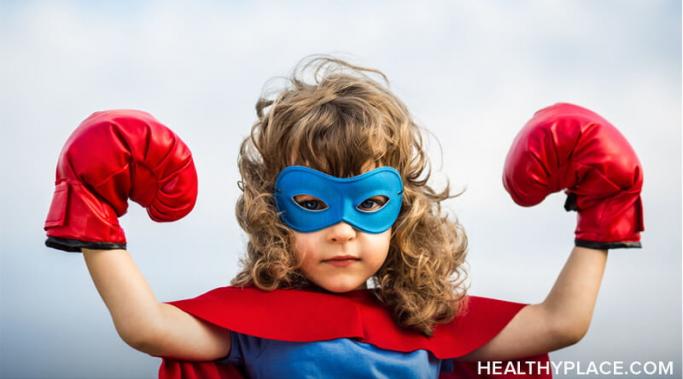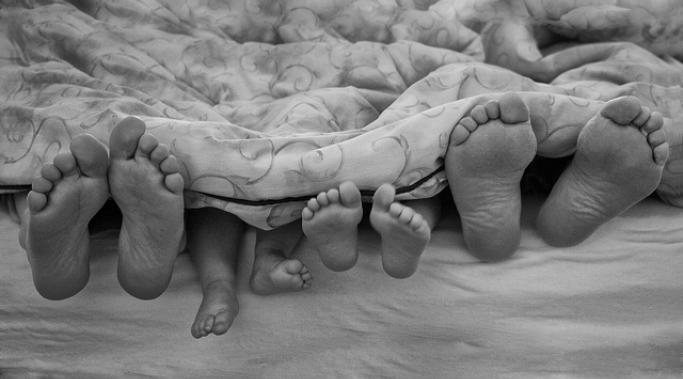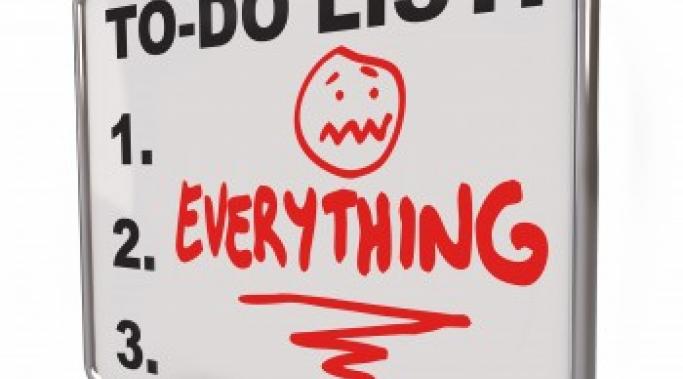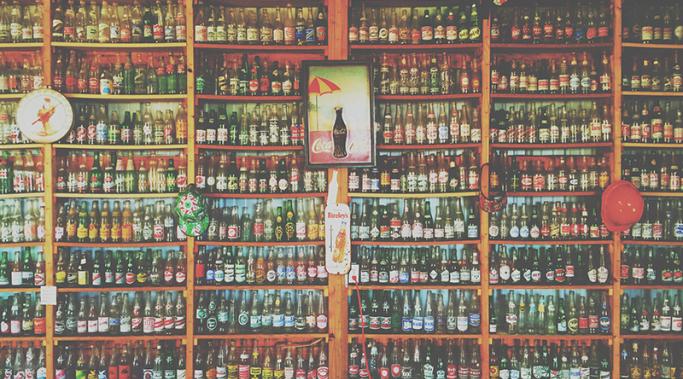Courage and confidence are emboldened by alcohol because it lowers inhibitions, thereby reducing the sense of fear--but you can find courage and confidence without alcohol. A common misconception is that courage is the absence of fear. However, courage is actually defined by taking action in spite of your fears. When regaining control of your life in early sobriety, developing courage and confidence is difficult if you have always relied on alcohol. For anyone adjusting to sobriety, here are a few suggestions to find courage and confidence without alcohol.
Debunking Addiction
Despite its health risks, hookah smoking is growing in popularity across the United States and many other countries (Treatment For Nicotine Addiction). Hookah smokers, and the general public, often believe that the practice is virtually harmless, but both the Center for Disease Control (CDC) and the Mayo Clinic state that hookah smoking has several health risks and is not safer than cigarette smoking.
Talking to children about addiction and recovery may put recovering parents in a tough spot. Parents in early addiction recovery often struggle with explaining their drug or alcohol addiction to their children. Depending on their ages, some details of addiction are too graphic or complicated for children to understand. It’s important for the recovering parent to carefully consider the needs of the child. However, the parent's need for privacy during such a challenging and tumultuous process must be respected, too. Here are some suggestions to navigate talking to your kids about addiction and recovery.
It's important to learn how to avoid feeling overwhelmed in addiction recovery. (Overwhelmed by Stress and Anxiety? How to Deal with It). Feeling overwhelmed was one of my major triggers while in my addiction. Whether I felt overwhelming sadness, fear, or worry, these feelings were often a trigger for addictive behavior. Feeling overwhelmed is an almost universal addiction trigger; here's how to avoid feeling overwhelmed and stop triggering your addiction.
Difficulty sleeping relates to alcohol use and withdrawal. Alcohol is actually not a good sleep aid, contrary to popular belief. Sure, it helps you fall asleep more quickly, but can lead to a host of other sleep disorders, such as sleep apnea and sleep walking; plus, when used frequently, drinking alcohol can lead to alcohol dependence.1
In alcoholics, the effects on sleep of alcohol, or alcohol withdrawal, are much more pronounced. Here are some explanations and advice for what you can do in early sobriety to sleep more soundly.
Caffeine is a drug and it creates dependency, but are caffeine addiction and dependency real disorders? Caffeine intoxication and caffeine withdrawal syndrome are included in the new Diagnostic and Statistic Manual of Mental Disorder (DSM-5) of the American Psychiatric Association. However, caffeine-related disorders is treated separately from substance abuse disorders. Should it be? Should caffeine addiction and dependency be separate from substance abuse disorders?
You might want to consider how recovering alcoholics react to normal alcohol use, if, indeed, you choose to drink alcohol. If you have loved ones who are in alcoholism recovery, be aware that a recovering alcoholic's reaction to your alcohol consumption could change day by day. As I continuously grow and adapt to life around me, my tolerance for alcohol and sense of security evolve as well. I am my own best advocate for my sobriety, but I'm also the only one who truly knows where I stand in my recovery process. Here are some things for friends and family to keep in mind with regards to how recovering alcoholics react to normal alcohol use.
You need to maintain your addiction recovery, even while on vacation. Vacations should give recovering alcoholics and addicts a break from our routine, but not our addiction recovery. Maintaining a program of addiction recovery while vacationing is crucial for physical and psychological sobriety.
I have learned lessons from the deaths of recovering addicts. I have found grief around death to be especially difficult when the loss is of another recovering addict. I think this is because of the understanding, compassion, and support that is shared between recovering alcoholics and addicts. In my experience, these friendships seem to be the most profound and deeply rooted -- more so than any other relationships.
Long after the shock and hurt have subsided, I am left to sift through my memories of the recovering addict to try and find meaning in the trauma of their death. Here are three things I have learned from watching recovering addicts and alcoholics die.
Over-prescription of opioid painkillers is contributing to America's increasing abuse of opiate prescription drugs and heroin. A 2013 report by the U.S. Center for Disease Control and Prevention (CDC) and U.S. Food and Drug Administration (FDA)1 found that people who abuse or are dependent on prescription opioid painkillers are 40 times more likely to abuse or be dependent on heroin. So what can we do about opioid painkiller over-prescription?









